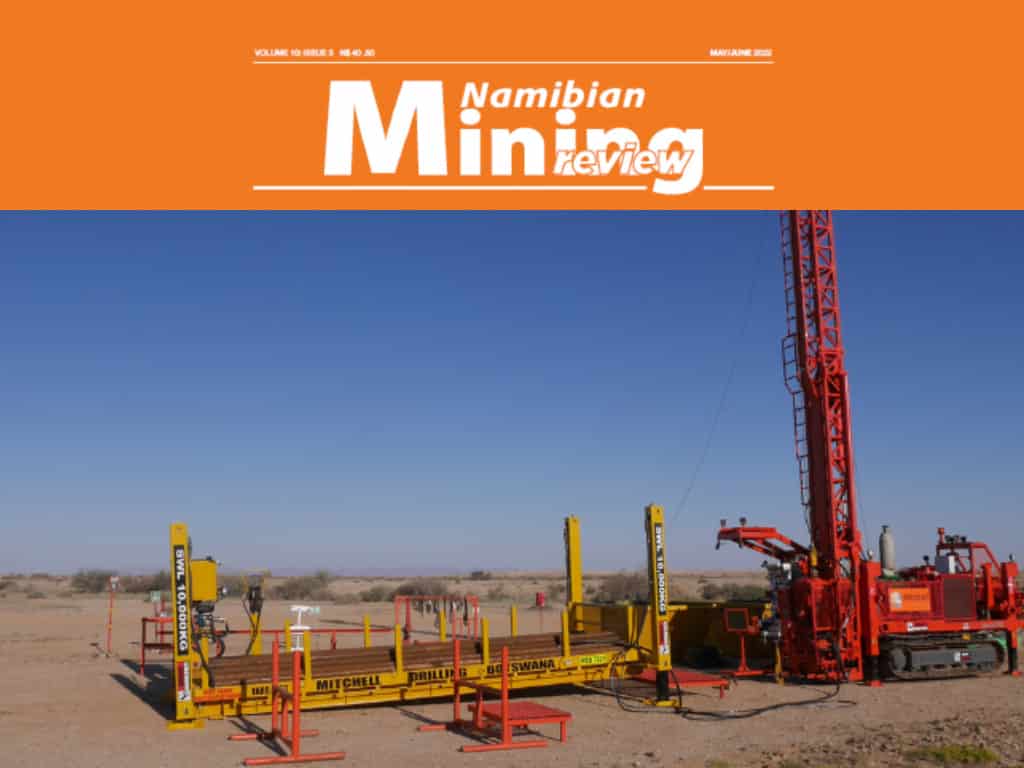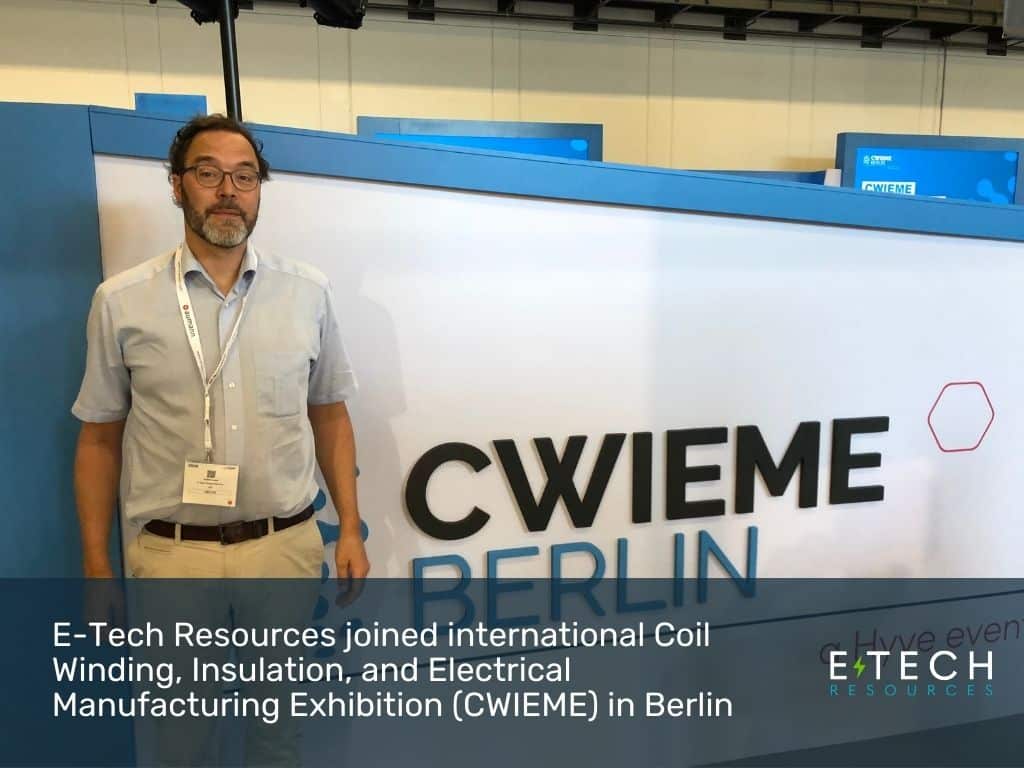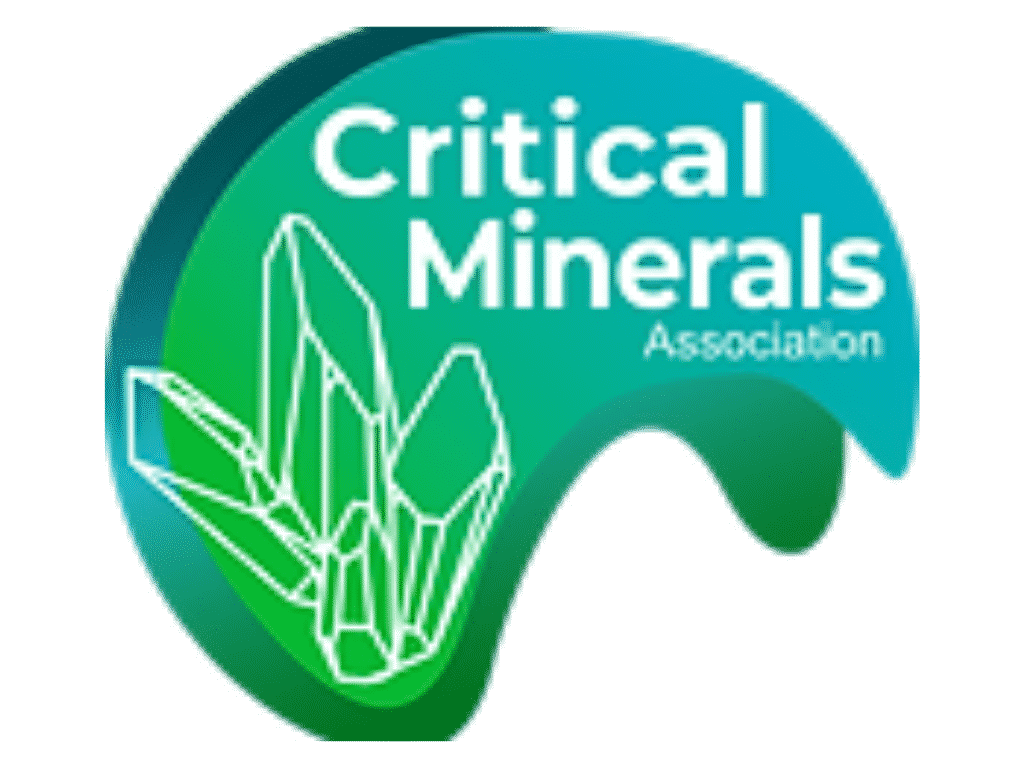(Online translation from IR Universe Japanese interview)
At MIRU, we interviewed Elbert Loois, CEO of E-TECH RESOURCES INC., about the company’s response to projects and environmental policies, and the impact on the industry in the current situation in Europe. He has over 20 years of experience in business development, mergers and acquisitions in the raw materials, automotive and clean technology industries, management and consulting in sustainable strategies.
Canada-based resource company E-TECH RESOURCES INC. Is involved in the exploration of rare earth elements. The Eureka Project is operating in Namibia, Africa (100% owned by the company), one of the top mining rights areas in Africa. Early metallurgical test work showed great potential.
E-TECH RESOURCES INC. Is committed to sustainability and responsible mining, looking to the future supported by electricity produced from sustainable resources. The company’s philosophy is to contribute to the promotion of sustainable energy by providing key raw materials to electric motor manufacturers.
Neodymium (Nd) explored by E-TECH RESOURCES INC. plays an important role in decarbonizing and renewable power generation in the transportation sector. Neodymium is an element used in alloys of rare earths, iron and boron that enable the production of powerful permanent magnets. Since the development of neodymium magnets in 1983, it has become possible to miniaturize many electronic devices such as mobile phones, speakers, and microphones. Since the beginning of 2010, further development has progressed, and it is used for large turbines and EV motors.
Neodymium permanent magnets contain about 30% neodymium, and each EV is equipped with about 2 kg of neodymium permanent magnets. For wind turbines, neodymium averages about 28.5%, dysprosium 4.4%, boric acid 1%, and iron 66% (from the company’s 2017 publication).
Q: Please tell us about your mining project in Namibia.
This project is characterized by “relatively simple mineralogy”, where the main mineral monazite contains high grade rare earth oxides (TREO). Monazite is contained in carbonatite dikes that have invaded existing rocks from deep magma sources and are now exposed to the surface. The characteristic of the minerals produced in this project is that they can be potentially mined and processed at low cost. The recovery rate of the monazite by gravity treatment during the test work is 65% or more, the concentration level is 60% (TREO), in which the Nd and Pr oxides represent 16%.
The beneficiation process does not use dangerous chemicals and does not require complex processing facilities. The operation of such a facility and the logistics would be simple. Namibia is one of the most stable countries in Africa and is also known for its mining industry. The terrain on which this project is located is flat and has access to water and electricity. The port that transports containers is one of the largest in Namibia and is conveniently located an hour and a half drive from the mining site.
Q: I think it is an era when SDG measures occupy a very important position in the mining industry. What is your business strategy?
We are developing our business in accordance with the highest standards of environmental, social and corporate governance in accordance with the United Nations Sustainable Development Goals and ESG strategies. ASEC Namibia is conducting an environmental impact survey on local projects and has been issued an “Environmental Clearance Certificate” by the government. We strictly adhere to all necessary rules such as rules, regulations and guidelines. Our chief geologist is a member of the ESG Board, working with the Global Rare Earths Association (REIA) and the Critical Minerals Association, and chairing the International Mineral Commission. In addition, we support life cycle projects, which are one of the best ways to measure business activity and development impact in the mining industry.
We have also set up our own Sustainability Advisory Committee within the company and are currently conducting an impact assessment. An environmental monitoring system has been set up at the Namibian project site to monitor changes in the local environment as mining operations progress.
Q: What is the impact on your business in the face of global conditions such as the spread of the new coronavirus disease, Russia's invasion of Ukraine, and soaring energy prices? What are the countermeasures for that?
The war in Ukraine highlighted the high reliance on fossil fuels such as gas and coal in Europe and the world. Due to the distance between Ukraine and Europe, we do not feel any particular impact on our Namibian business at this stage. However, fuel prices have risen a bit.
Rare earth permanent magnets make a significant contribution to the renewable energy sector, such as wind power and electric motors. These are clean and sustainable ways to diversify the energy supply risks we are facing today. Investing in rare earth development projects like our Eureka will accelerate the building of a value chain that supports the Green Energy Revolution.
Are you interested in partnering with a Japanese company?
We would be very pleased to work with Japanese companies on our strategic approach to the development of sustainable rare earth supplies. Today, the global industry in electrification and motorization relies on vertically integrated China’s supply chain, geopolitics, rare earth prices. The current state of these dependences needs to be diversified. However, the rare earth business environment outside of China is extremely complicated in terms of value building compared to other raw materials. Stakeholders need to work together to improve the status quo.
To do so, it will be necessary to establish a consortium with ore / rare earth magnet supply chain partners. We are a partner who is willing to jointly work on the development of the production capacity required in the future while meeting the product specifications, market needs and investment conditions. We are already in discussions with Japanese companies and organizations on this issue. We believe that we can share mutual benefits in the production of reasonable and sustainable electricity with our Japanese partners. In particular, organizations such as JOGMEC (Japan Oil, Gas and Metals National Corporation) will play a major role in exploring and realizing new opportunities.
Interview cooperation: E-Tech Resources, CEO Mr. Elbert Loois





